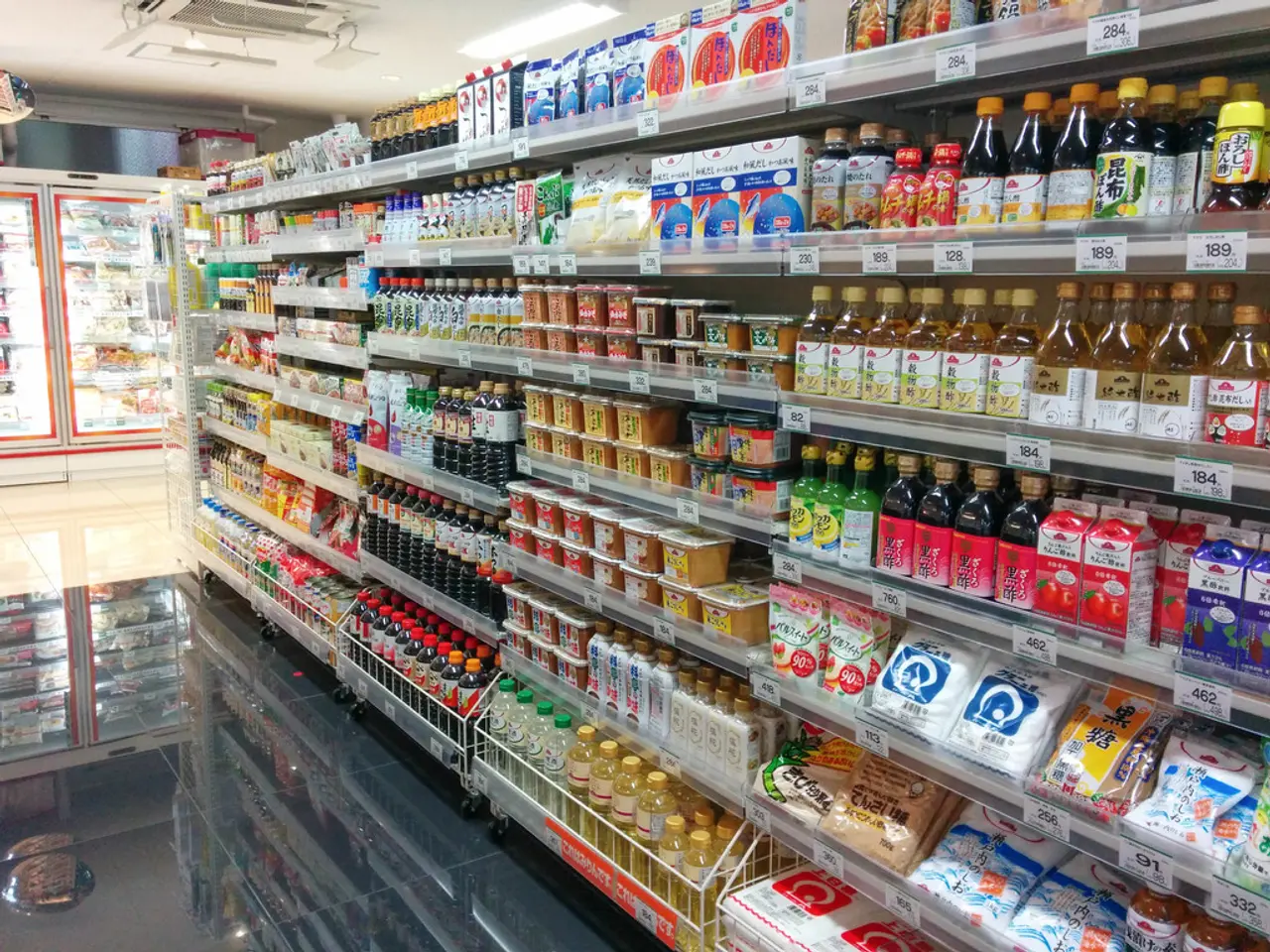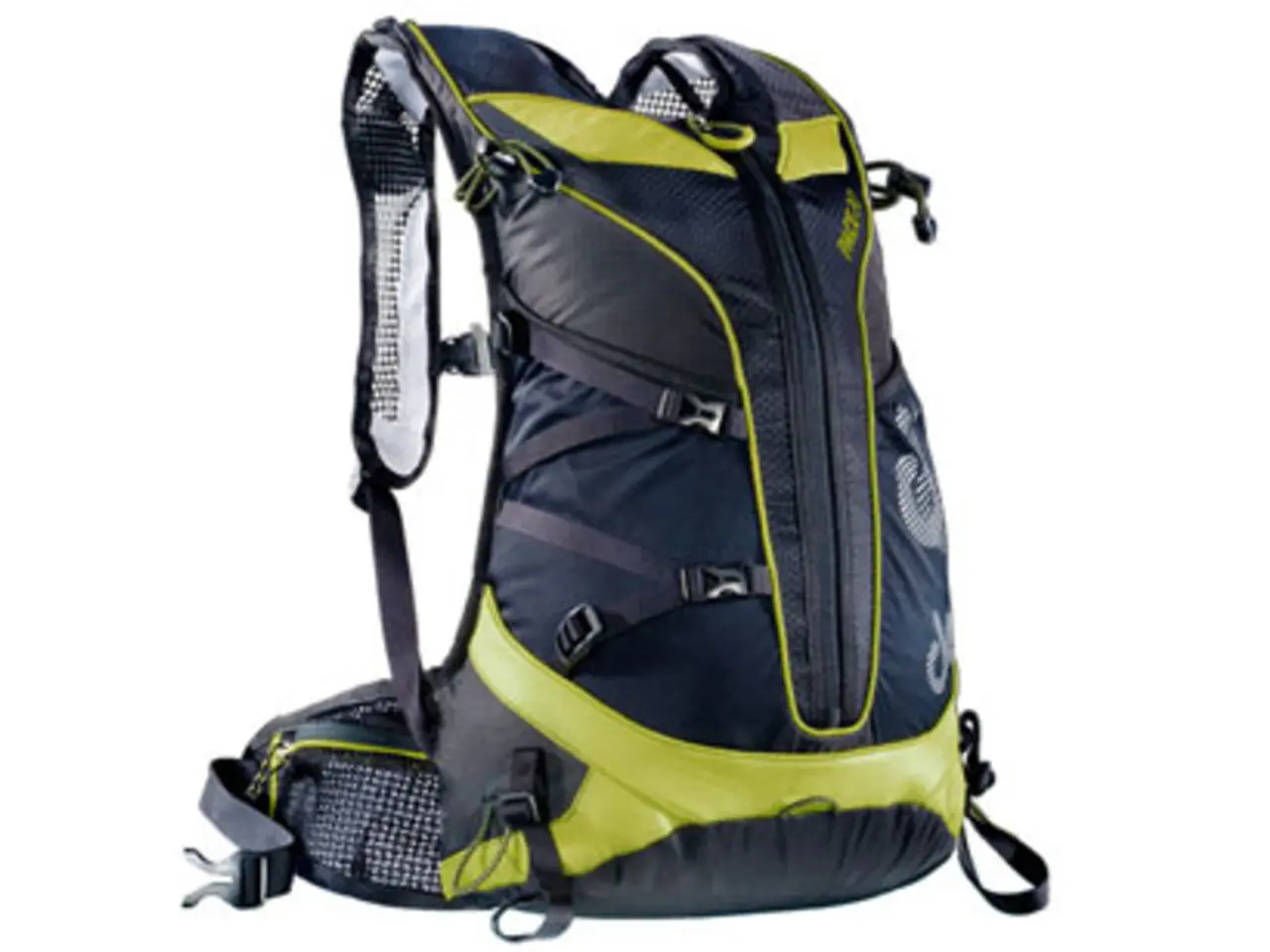Commercial traffic control statewide in persons and goods in Essen and Mülheim am Ruhr - Essen Police enforce regulations
In a bid to ensure safety on the roads and prevent accidents, a series of commercial vehicle inspections were conducted across North Rhine-Westphalia. The operation, coordinated and conducted by the Düsseldorf Police Presidency, was supported by colleagues from eleven district police authorities, the customs, the Federal Office for Logistics and Goods Traffic, and the municipalities.
The inspections took place at nine control points in Grevenbroich, Neuss, Rheurdt, Duisburg, Nettetal, Hünxe, Essen, Mülheim, and Wuppertal. A total of 591 trucks were inspected more closely, and as a result, 55 vehicles were prohibited from continuing.
In Mülheim an der Ruhr, 125 trucks were inspected at the Rheinstraße in the harbor area. Violations were found in 25 vehicles, including technical defects, driving under the influence of intoxicants, insecure cargo, and missing documents. Two driver's licenses were secured, and four trucks were prohibited from continuing in Mülheim an der Ruhr.
Similarly, in Essen, a total of 60 trucks were inspected, resulting in violations in 23 vehicles. Speeding and following distance violations were also observed during the inspections, with 127 and 178 instances detected, respectively. Two driver's licenses were secured in Essen, and four trucks were prohibited from continuing.
The goal of these inspections is in line with the anticipated increase in goods traffic in North Rhine-Westphalia. By 2030, it is expected that goods traffic will significantly increase due to growing e-commerce, industrial production, and strategic infrastructure investments, particularly in road and highway networks.
The federal transport plan (BVWP 2030) allocates €130 billion towards road upgrades prioritized for North Rhine-Westphalia, reflecting its role as a major economic center and freight corridor. These infrastructure enhancements, including highway widening and new construction, are expected to accommodate rising commercial traffic flows and ease congestion.
As freight volumes increase, police and traffic authorities intensify commercial traffic inspections to ensure road safety and regulatory compliance. Inspections typically focus on vehicle weight, load securing, driving hours compliance, and the technical condition of commercial vehicles to prevent accidents caused by overloading, driver fatigue, or mechanical failures.
The integration of smart infrastructure and IoT technologies supports traffic monitoring, enabling police to identify risky behaviors and enforce safety standards more effectively. Enhanced cooperation between law enforcement and transport agencies in North Rhine-Westphalia helps coordinate commercial vehicle checks, focusing on high-risk routes and peak freight times.
Police Director Reiner Schiffer, the head of the operation, is satisfied with the operation and plans to continue such controls regularly in the future. The Düsseldorf Police was successful in its mission to ensure road safety and maintain regulatory compliance across North Rhine-Westphalia's commercial traffic.
In the anticipation of increased transportation due to rising e-commerce, industrial production, and infrastructure investments, the finance sector in North Rhine-Westphalia may need to allocate additional resources for road upgrades, considering the BVWP 2030's allocation of €130 billion for priority road improvements in the region. The growing industry in transport and finance is essential to facilitate the smooth flow of commercial vehicles and prevent congestion.
To maintain road safety and regulatory compliance, these increasing commercial traffic flows should be matched by stricter inspections in the finance industry and transportation sector, focusing on vehicle weight, load securing, driving hours, and technical conditions to reduce accidents caused by overloading, driver fatigue, or mechanical failures. Collaborative efforts between law enforcement and transport agencies in North Rhine-Westphalia, such as those demonstrated through regular commercial vehicle inspections held under the leadership of Police Director Reiner Schiffer, are essential in ensuring the maintenance of regulatory compliance and promoting safety on the roads.




